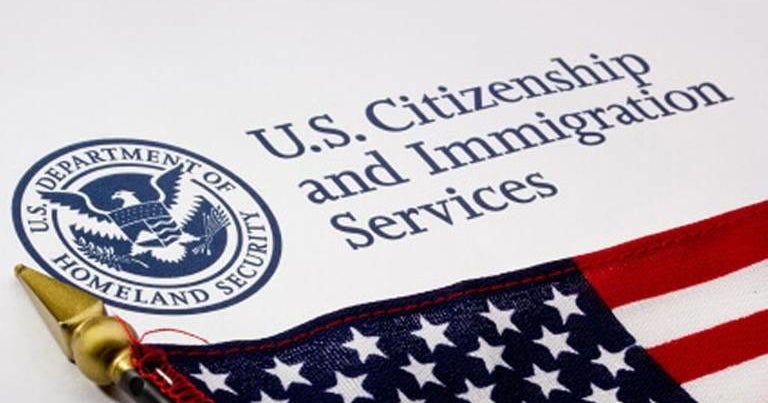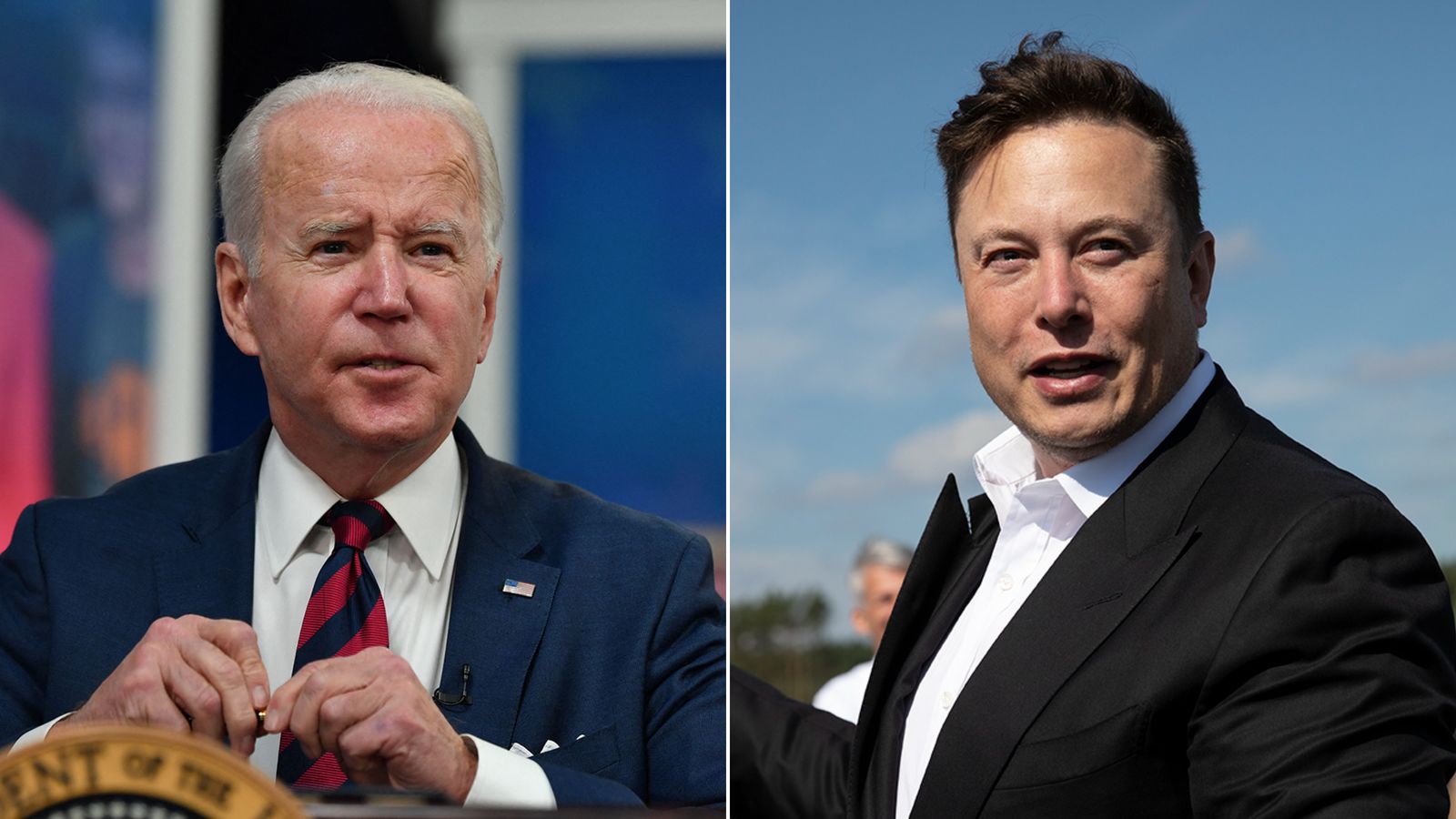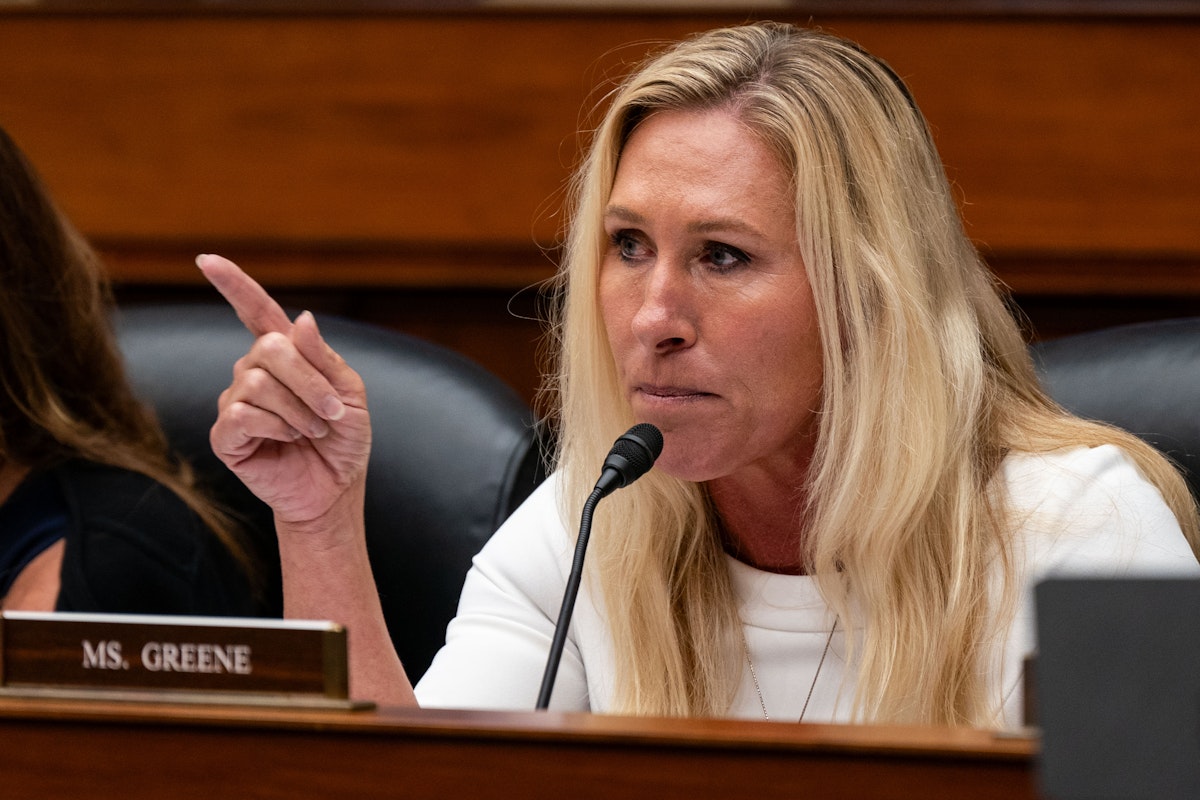Now Reading: Trump Claims Border Deal with Mexico, Sheinbaum Counters with Diplomacy
-
01
Trump Claims Border Deal with Mexico, Sheinbaum Counters with Diplomacy
Trump Claims Border Deal with Mexico, Sheinbaum Counters with Diplomacy
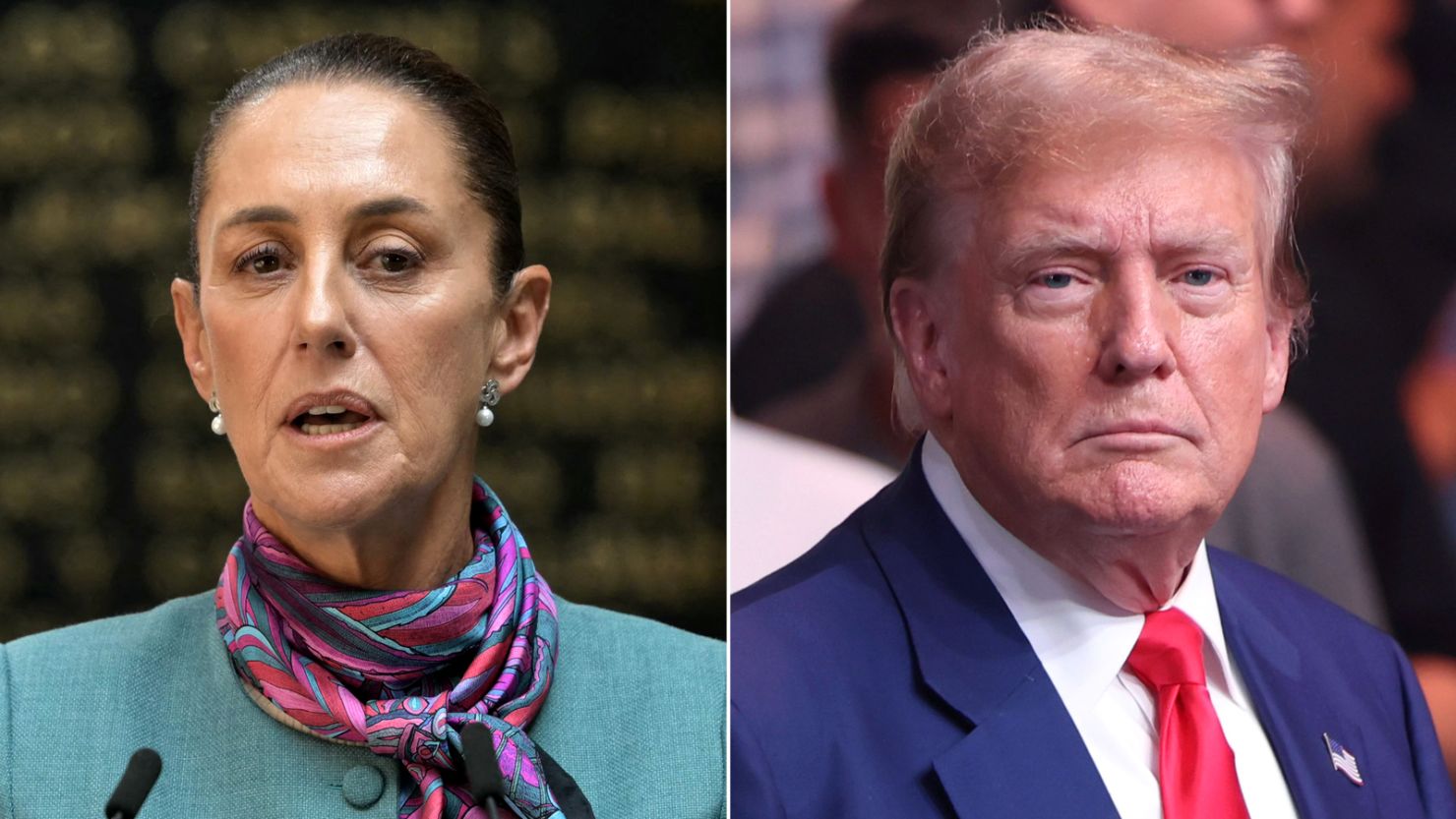
In the latest chapter of U.S.-Mexico relations, contrasting narratives from U.S. President-elect Donald Trump and Mexican President Claudia Sheinbaum have sparked widespread debate. The leaders recently spoke by phone about migration, but their accounts of the conversation couldn’t be more different.
Trump, known for his bombastic rhetoric, announced on Truth Social that Sheinbaum had agreed to “stop Migration through Mexico,” effectively halting the flow of people crossing the U.S.-Mexico border. This claim aligns with Trump’s longstanding tough-on-immigration stance, which he is doubling down on as he prepares to re-enter the White House. Trump also reiterated his plan to impose a sweeping 25% tariff on goods from Mexico, Canada, and China, linking the measure to combating illegal immigration and drug trafficking, particularly fentanyl.
However, President Sheinbaum swiftly denied these claims, offering a sharply different perspective on the conversation. In a statement on X, she said, “Mexico’s position is not to close borders but to build bridges between governments and people.” Sheinbaum emphasized Mexico’s commitment to addressing migration through a comprehensive, rights-based approach rather than punitive policies. Her statement reflects her administration’s diplomatic ethos, focused on cooperation rather than confrontation.
The tension between the two leaders highlights a fundamental disagreement over how to address migration and trade issues. While Trump champions unilateral action, tariffs, and stringent border measures, Sheinbaum calls for collaborative strategies that respect human rights and strengthen bilateral ties.
The backdrop to this debate is Trump’s plan to introduce the hefty tariff, which he claims will pressure Mexico into taking a harder stance on migration and drug trafficking. Critics, including economists and business leaders, warn that such a policy could backfire, harming both economies and straining trade relationships. Sheinbaum echoed these concerns, stating that punitive measures “undermine the spirit of cooperation” needed to solve shared challenges.
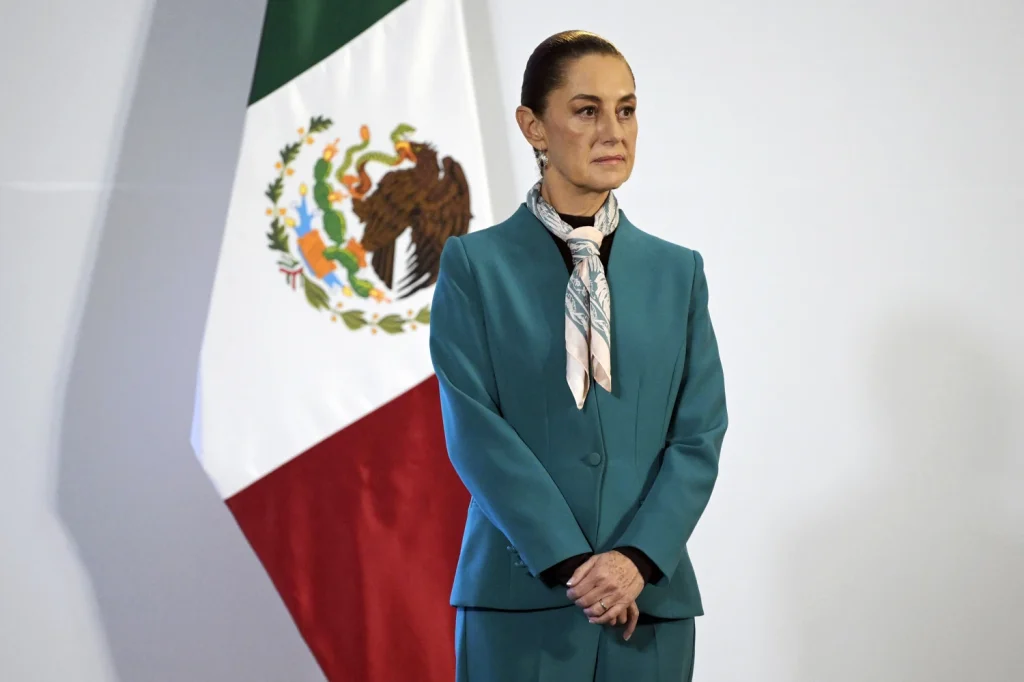
What’s at Stake?
The U.S.-Mexico relationship is critical, not just for migration but also for trade, security, and regional stability. Mexico is the United States’ largest trading partner, and a significant portion of goods, including essential auto parts and agricultural products, flow across the border daily. Disrupting this relationship with tariffs or unilateral demands risks economic fallout and could escalate diplomatic tensions.
Additionally, migration remains a complex issue requiring nuanced solutions. Central to Sheinbaum’s approach is addressing the root causes of migration, such as poverty, violence, and lack of opportunity in migrants’ home countries. In contrast, Trump’s focus on enforcement and deterrence appeals to his political base but raises questions about human rights and international cooperation.
A Diplomatic Crossroads
This disagreement marks an early test for the Trump-Sheinbaum dynamic, which will shape U.S.-Mexico relations for years to come. Will the two leaders find common ground through dialogue, or will their contrasting visions deepen the divide? As Trump prepares to take office, the world will be watching to see if diplomacy or division defines the future of this crucial partnership.
Join the Conversation
What do you think about the differing approaches of Trump and Sheinbaum? Are tariffs and border closures the solution, or should the focus shift to cooperation and addressing root causes? Share your thoughts in the comments below!
Keywords/Tags: US-Mexico Relations, Migration Policy, Border Security, Trump Administration, Claudia Sheinbaum, Fentanyl Crisis, Trade Tariffs, Truth Social, Diplomatic Relations, Immigration, US-Mexico Border, Trade Policy, Migration Crisis, Southern Border, Bilateral Cooperation


